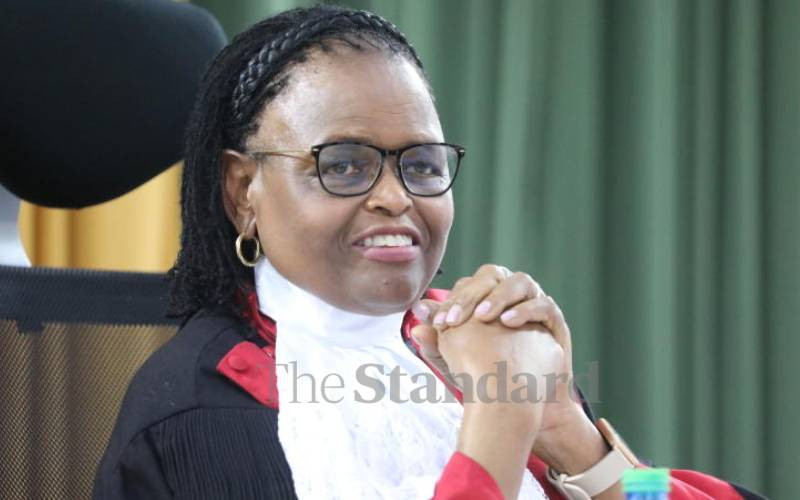×
The Standard e-Paper
Fearless, Trusted News

Top judicial officers will for the next three days hold a closed-door meeting to discuss judges' independence and performance improvement.
During the opening ceremony on Monday, Chief Justice Martha Koome said that although the Judiciary was willing to dialogue with other arms of government, Judges and magistrates will not be pushed to give favourable judgments to government.